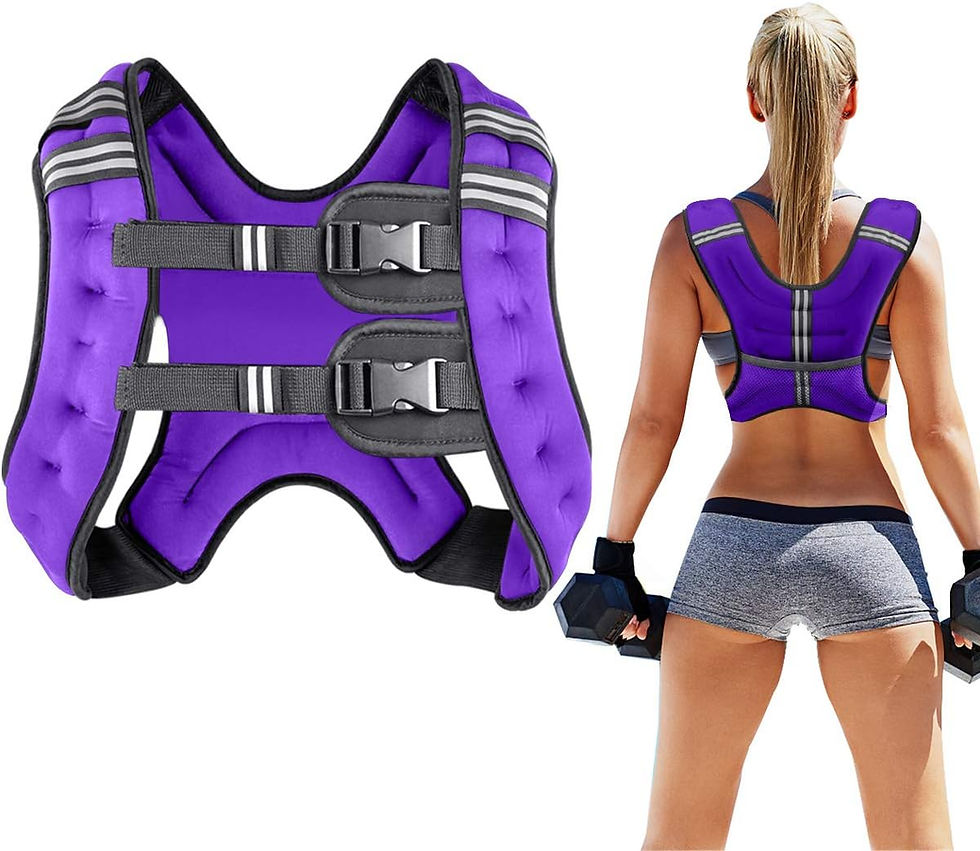Female Athlete Wellness Workshop Pearls of Wisdom. Key take-a-ways from our great panel of speakers.
- capeconciergept
- Sep 24, 2024
- 2 min read
Updated: Oct 1, 2024

During our Female Athlete Wellness Workshop, I asked all of our speakers and attendees to put away their cell phones. I made myself honor this same request and managed to forget to take pictures. Upon reflection after reviewing everyone's feedback, I have come up with a short list of key take-a-ways.
What I learned from the Professionals:
Sargeant Lauren Gilrein of Sandwich Police Department
#1 Whatever you put on SnapChat stays there.
#2 You can TEXT 911.
#3 Do not wear airpods when running alone. Stay alert and exercise with a friend.
Tess Powell, PSYD of Milton Academy
#1 Social connectedness is the most important piece of good mental health.
**In case you want to know the other 4 key pieces of good mental health, see below**
#2 We can experience anxiety in many different ways.
#3 Box breathing with reduce anxiety before and during athletic events.
Dr. Roshann Hooshmand of Cape Cod Pediatrics
#1 Using ibuprofen (with food in your stomach) can safely mitigate menstrual symptoms.
#2 Your Pediatrician is available for appointments, outside of annual visits and sick visits to ask questions and discuss concerns.
#3 If you go longer then 6 months without a menstrual cycle, make an appointment with your pediatrician to discuss.
Stacy Richmond, RD of Kind Eating
#1 Lunch is the most important meal of the day for student-athletes.
#2 Eating 20 minutes after exercise is essential to prevent muscle soreness.
#3 How and what your fuel your body with today impacts how you will play tomorrow.
Elise Steiner, RD of Boston Childrens Hospital
#1 If you exercise longer then 60 minutes, you need to supplement with electrolytes, otherwise water is sufficient.
#2 Look at the color of your urine, too dark means you are dehydrated, too light could indicate Hyponatremia.
#3 Our muscles are made up of 75% water.
Kara McKeown, PT of Cape Concierge Physical Therapy
#1 When should you use ice versus when should you use heat?
You only need to use ice if you have just injured yourself (within 60 minutes to 24 hours).
Otherwise heat is best. Ice has an analgesic effect, whereas heat increases blood flow and
promotes healing.
Do you want to hear more about this topic? Heat versus Ice: How do you know when you should use heat instead of ice?
#2 When is it safe to go back on the field rather then when do you need to stay off the field. In other words, are you hurting OR are you injured? If you are unsure, it is always best to schedule an evaluation with your physical therapist.
#3 Muscle soreness can last up to 3 days after exercise, but eating well and hydrating can reduce the amount of soreness you experience.
5 Keys to Good Mental Health from Dr. Tess Powell
Get outside! Daylight is critical to good mental health.
Get enough sleep.
Exercise.
What you consume matters. Not just what you eat and drink, but what you watch and read.
Social connectedness is essential. Having just one good friend will make a huge difference in your happiness.



Comments